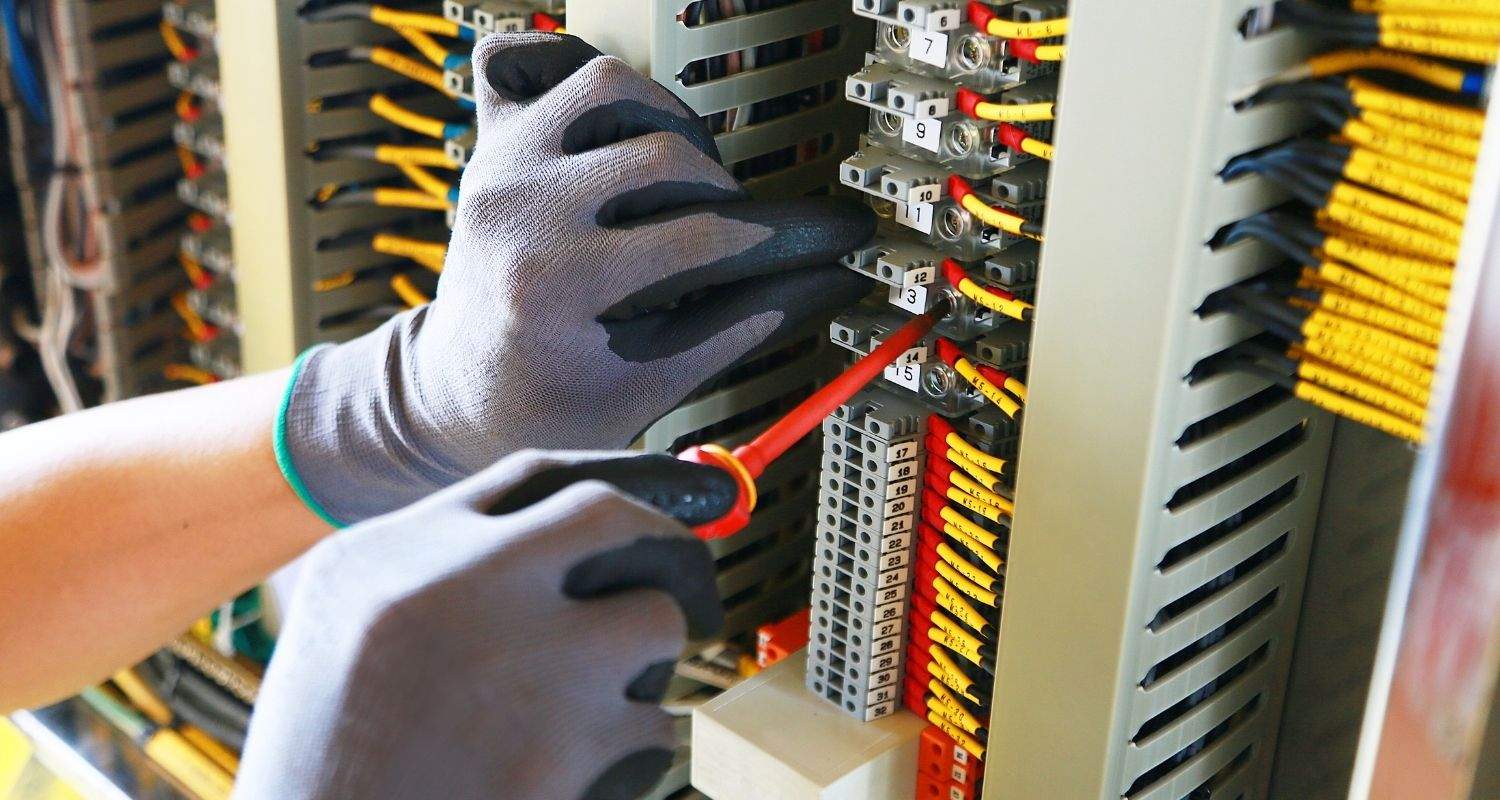Table of Contents:
- What Is an Electrical Panel Upgrade?
- Signs That Your Electrical Panel Should Be Replaced
- Circuit Breakers That Must Be Reset Frequently
- Inappropriate Electrical Outlets throughout the House
- Your Electrical System Is Showing Signs of Wear and Tear
- Types of Electrical Panel Upgrades
Have you considered updating the electrical panel in your home? Have you observed any indications that you need to upgrade? Was it recommended that you upgrade? Are you looking for strategies to increase the value of your home?
There are several reasons why you might consider improving your electricity service. However, many homes nowadays require them, which is something that many homeowners put off doing.
What Is an Electrical Panel Upgrade?
Even though many people are uninformed of what the electric upgrading procedure entails, it is vital to comprehend it. If your electrical system hasn’t had any evident flaws, you probably haven’t had much motivation to learn about improvements.
You should be informed, though, of the importance of electrical improvements and why they are usually necessary. Faulty or overloaded circuits can be dangerous, possibly igniting a fire in your house.
Signs that your electrical panel should be replaced
Because the panel is linked to the whole electrical system, many common electrical problems are associated with a dysfunctional electrical panel. If the panel fails, the problem will very probably extend to the rest of the house.
“Your electrical panel is like your heart—critical it’s to the overall health of your system,” noted one electrical contractor.
The following sections go over some of the reasons why you might wish to upgrade your electrical panel soon:
- Your electrical panel is unsafe for other reasons, or your home still has a fuse box.
- Fuse boxes were common during the 1960s and are still seen in many homes today. If yours is one of them, the fuse box should be changed.
- It’s not that the fuse box is dangerous in and of itself, but having to replace fuses regularly may be inconvenient. Rather, it’s the numerous band-aid fixes that have been utilized to keep the machines running throughout the years.
- Placing coins and other metal items within the fuse slots is one method. That is, it is just minimally functional—and in grave danger.
Inspect the electrical panel for both fuse boxes and circuit breakers, searching for items such as:
- Regardless of whether the weather is especially hot or hot,
- It is emitting crackling noises.
- Circuit breakers have become corroded or rusty.
- The name of the manufacturer
There are several known faulty panels on the market, so be sure yours isn’t one of them. If this is the case, you should replace it as soon as possible.
If you’re concerned that your electrical panel was installed many years ago and is now defective or recalled, seek up the manufacturer’s name online or call your energy provider or an electrician to confirm.
Circuit Breakers That Must Be Reset Frequently
 Even if you (or a previous owner) removed the old fuse box a long time ago, the circuit breakers that replaced it might now be obsolete.
Even if you (or a previous owner) removed the old fuse box a long time ago, the circuit breakers that replaced it might now be obsolete.
If your house was built before 1990, it most likely has a 100 to 150-amp service, which was enough for most 20th-century residential electrical requirements. However, today’s norm is 200 amps.
Inappropriate Electrical Outlets throughout the House
Keep an eye out for:
- Defective outlets
- Outlets with only two prongs are not grounded, putting you at risk of fire or electrocution.
- There are no ground fault circuit interrupters in regions near water (GFCIs). Electrocution can potentially cause significant harm or even death.
Your Electrical System Is Showing Signs of Wear and Tear
Keep an eye out for warning indicators of a worn and/or over-tapped electrical system, such as:
- Lights that flicker, blink, or dim
- Tripped circuit breakers or blown fuses regularly
- Wall plates that are warm or discoloured
- Receptacles are cracking, sizzling, or humming.
- Receptacles or wall switches are emitting a burning order.
- Appliances, receptacles, or switches give out a mild shock or tickle.
- Circuit breakers must be adjusted regularly.
- Appliances that aren’t performing to their maximum potential
- Utility bills that appear to be abnormally high
Types of Electrical Panel Upgrades
Depending on your home’s power needs, the age and power of the present panel, whether the panel is damaged, and other variables, upgrading your electrical panel might imply various things.




